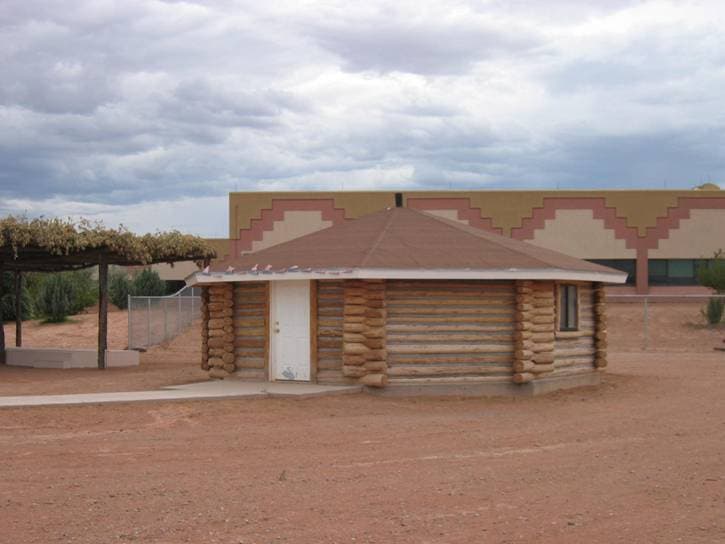Navajo Small Business Credit Initiative Q and A Helps Local Entrepreneurs
The Navajo Division of Economic Development held an in person question and answer session on November 13, 2025 to explain the Navajo Small Business Credit Initiative and how its funds can be used to start or expand enterprises on Navajo trust land. The outreach, announced November 12, 2025 and hosted at the Change Labs Tuba City E Ship Hub, matters for Apache County residents because NSBCI resources and rotating technical assistance sessions bring credit and financing options closer to Chinle area entrepreneurs and tribal business owners.
The Navajo Division of Economic Development convened a public in person Q and A on November 13 to walk local business owners through the Navajo Small Business Credit Initiative, an effort to expand access to credit for enterprises operating on Navajo trust land. The announcement was posted November 12 and the session at the Change Labs Tuba City E Ship Hub covered loan types, eligibility rules, application procedures, and permitted uses of NSBCI funds for starting or growing businesses.
Organizers emphasized outreach across the Navajo Nation and encouraged attendance by entrepreneurs, tribal business owners, and community economic development stakeholders. The event was part of a regional pattern of NSBCI information and technical assistance sessions that rotate through chapters and nearby agency hubs, a delivery model designed to reach communities across the reservation including parts of Apache County.
For Apache County the session has practical implications. Chinle area entrepreneurs frequently face limited local access to traditional lending and financial counseling. By bringing NSBCI briefings and application help to hubs like Tuba City, the Navajo Division aims to lower barriers to credit information and to connect business owners with financing options tailored to enterprises on trust land. Local technical assistance that accompanies credit programs can be as important as the loans themselves because it helps applicants navigate eligibility rules and application requirements.
From a market perspective, expanding credit access on tribal trust land can alter small business dynamics by enabling start ups, expansions, or capital improvements that increase local economic activity. Improved financing flows into local firms can raise household incomes, retain spending inside communities, and support job creation. These effects depend on uptake, program design, and the availability of complementary services such as business planning and financial literacy training.
Policy context matters because financing on trust land intersects with legal and administrative complexities that can limit conventional lending. Programs like NSBCI are part of a broader strategy to address those gaps through targeted capital and supportive outreach. For sustained impact, experts point to the need for ongoing outreach, rotating technical assistance into remote chapters, and close coordination between tribal economic development offices and local hubs.
Residents and business owners seeking more information about NSBCI and future sessions can consult the Navajo Division of Economic Development online at navajoeconomy.org. The Tuba City session underscores a continuing push to make credit information and application assistance more accessible to entrepreneurs across the Navajo Nation and in neighboring Apache County communities.


